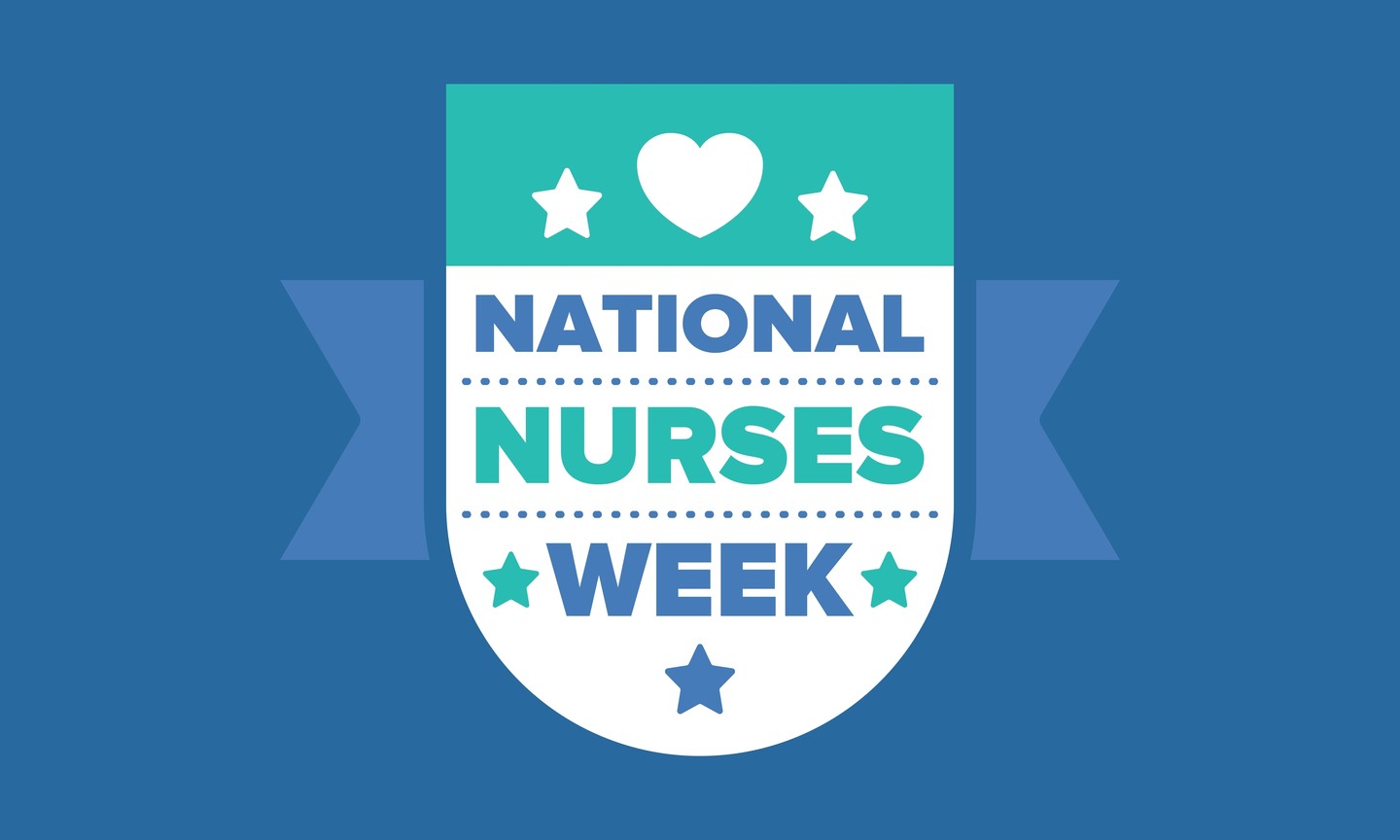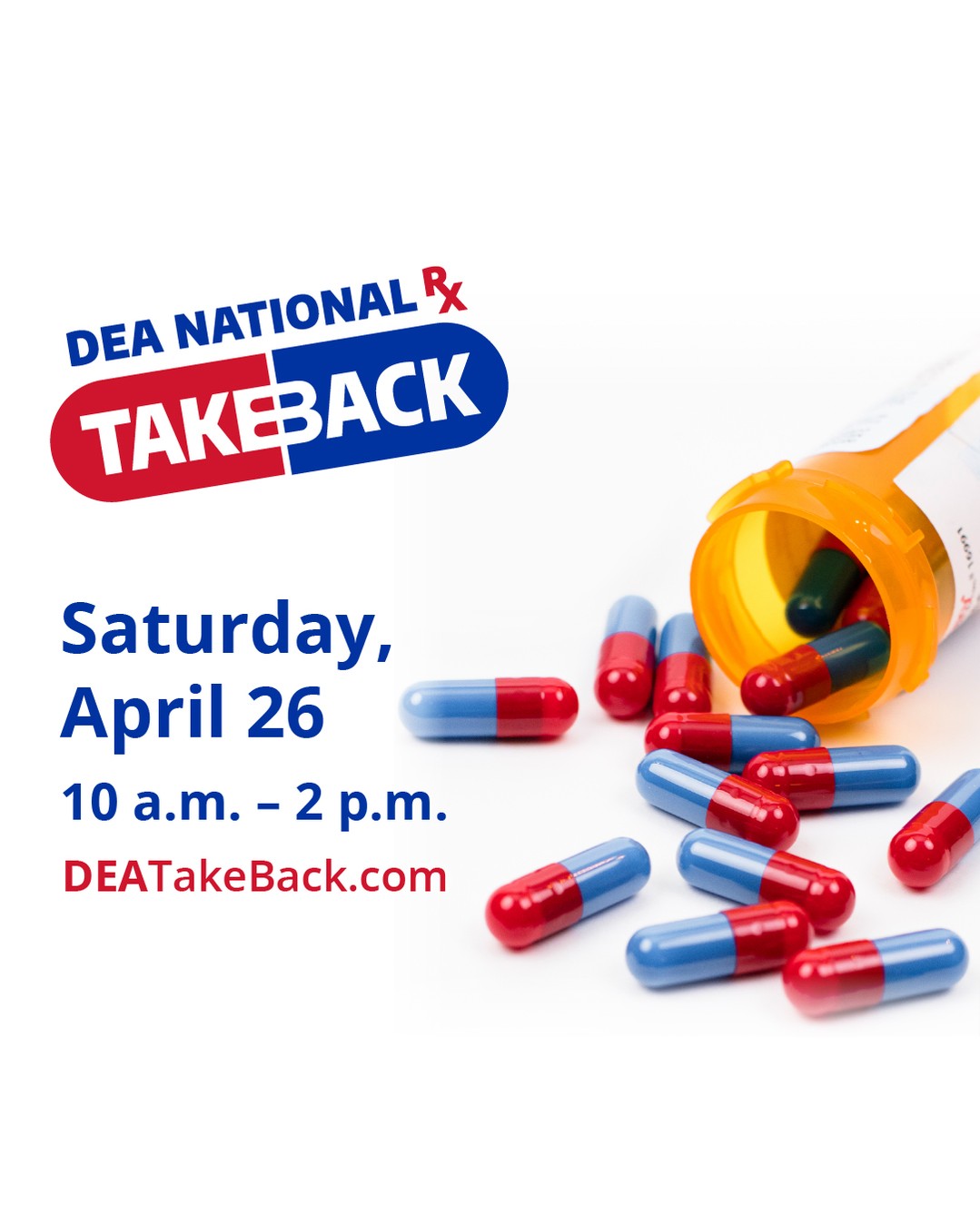The Health Insurance Portability and Accountability Act (HIPAA) is a landmark piece of legislation, but why is HIPAA important? What changes did HIPAA introduce and what are the benefits to the healthcare industry and patients?
HIPAA was introduced in 1996, primarily to address one particular issue: Insurance coverage for individuals that are between jobs. Without HIPAA, employees faced a loss of insurance coverage when they were between jobs.
A second goal of HIPAA was to prevent healthcare fraud and ensure that all ‘protected health information’ was appropriately secured and to restrict access to health data to authorized individuals.
Why is HIPAA Important for Healthcare Orgs?
HIPAA introduced a number of important benefits for the healthcare industry to help with the transition from paper records to electronic copies of health information. HIPAA has helped to streamline administrative healthcare functions, improve efficiency in the healthcare industry, and ensure protected health information is shared securely.
The standards for recording health data and electronic transactions ensures everyone is singing from the same hymn sheet. Since all HIPAA-covered entities must use the same code sets and nationally recognized identifiers, this helps enormously with the transfer of electronic health information between healthcare providers, health plans, and other entities.
Why is HIPAA Important for Patients?
Arguably, the greatest benefits of HIPAA are for patients. HIPAA is important because it ensures healthcare providers, health plans, healthcare clearinghouses, and business associates of HIPAA-covered entities must implement multiple safeguards to protect sensitive personal and health information.
While no healthcare organization wants to expose sensitive data or have health information stolen, without HIPAA there would be no requirement for healthcare organizations to safeguard data – and no repercussions if they failed to do so.
HIPAA established rules that require healthcare organizations to control who has access to health data, restricting who can view health information and who that information can be shared with. HIPAA helps to ensure that any information disclosed to healthcare providers and health plans, or information that is created by them, transmitted, or stored by them, is subject to strict security controls. Patients are also given control over who their information is released to and who it is shared with.
HIPAA is important for patients who want to take a more active role in their healthcare and want to obtain copies of their health information. Even with great care, healthcare organizations can make mistakes when recording health information. If patients are able to obtain copies, they can check for errors and ensure mistakes are corrected.
Obtaining copies of health information also helps patients when they seek treatment from new healthcare providers – information can be passed on, tests do not need to be repeated, and new healthcare providers have the entire health history of a patient to inform their decisions. Prior to the Introduction of the HIPAA Privacy Rule, there was no requirements for healthcare organizations to release copies of patients’ health information.
Why is HIPAA Important? FAQs
What might happen to healthcare data if it was not protected by HIPAA?
Prior to HIPAA, the theft of healthcare data was often used for committing identity theft. This not only had financial implications for patients whose data was stolen, but also enabled criminals to obtain healthcare under false pretenses or sell the data on the black market to uninsured persons who could receive expensive healthcare treatments. This resulted in increased insurance costs which were passed down to individuals in the form of increased insurance premiums.
What are the financial benefits for Covered Entities of complying with HIPAA?
It is difficult to quantify the financial benefits of streamlined administration and improved efficiency because the changes Covered Entities have had to introduce have been over a long period of time. However, there is evidence to suggest HIPAA compliance leads to better patient outcomes, which leads to higher workforce morale. If true, compliant Covered Entities will benefit financially from CMS value-based programs and have fewer costs related to staff turnover.
Why is it important for healthcare professionals to comply with HIPAA?
Healthcare professionals are most often told it is important to comply with HIPAA because of the sanctions for noncompliance. A different argument is that HIPAA compliance builds trust, which gives patients the confidence to reveal details about their health to healthcare professionals, which improves the delivery of healthcare. The improved delivery of healthcare results in better patient outcomes, which leads to higher morale. Effectively, by complying with HIPAA, healthcare professionals enjoy more rewarding experiences and get more from their vocation.
If patients are unable to exercise their patients´ right allowed by HIPAA, what might happen?
Healthcare professionals are very hardworking individuals, and it´s not unheard of for mistakes to be made with patients´ records that can result in misdiagnoses, the wrong treatment being provided, or the wrong medication being prescribed. By giving patients the right to inspect their medical records and make corrections when necessary, the risks of incorrect diagnoses, treatments, and medications are mitigated. Additionally, having access to their records helps patients take more responsibility for their own well being.
How do patients control who their information is released to and shared with?
Covered Entities are allowed to release and share patient information for treatment, payment, and healthcare operations. For all other disclosures of patient information, Covered Entities must obtain patient consent or give patients the opportunity to object to their information being released or shared. How patients consent or object should be explained in the Covered Entitys Notice of Privacy Practices along with an explanation of how patients can obtain an “Accounting of Disclosures” to ensure information is not released or shared without their consent.
This post, Why is HIPAA Important?, was shared by HIPAA Journal and updated on February 12, 2022.











